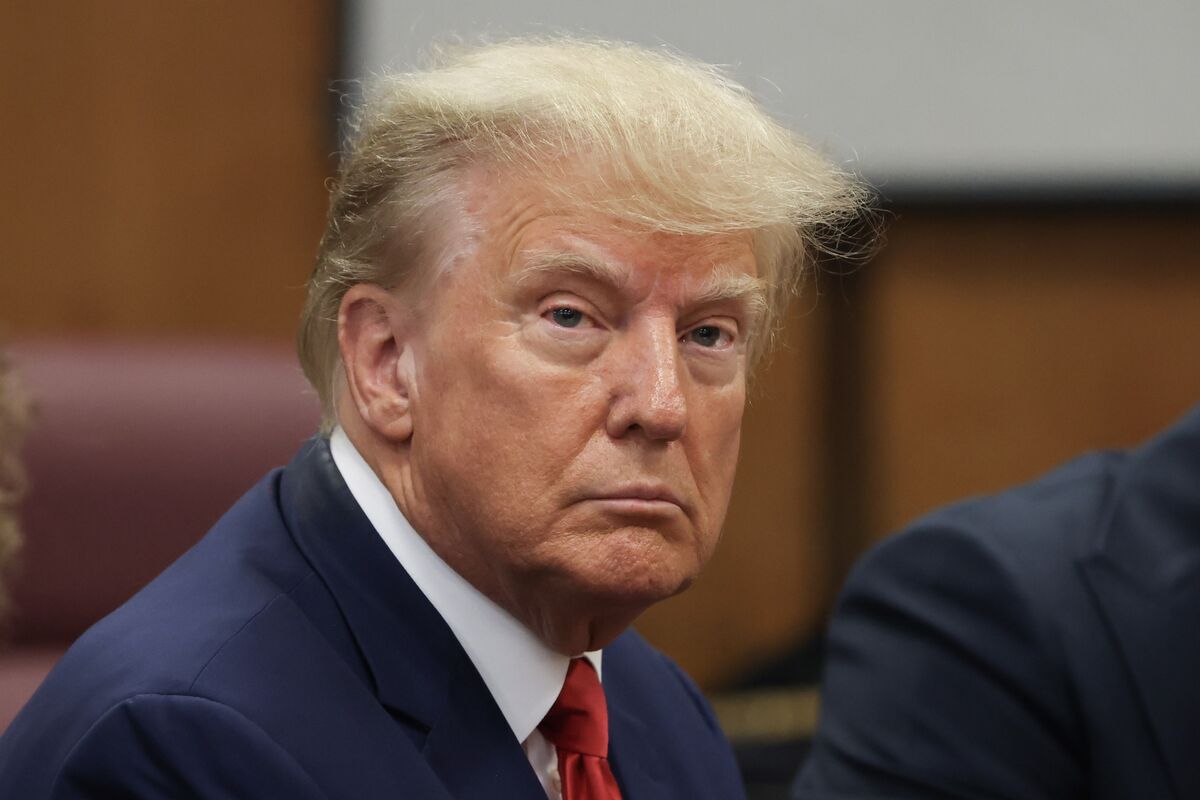The upcoming 2024 election may influence how the U.S. Securities and Exchange Commission (SEC) handles crypto policies, as noted by Consensys’ senior counsel.
At the Consensus conference in Austin on May 29, Bill Hughes, Consensys senior counsel and director of global regulatory matters, discussed the uncertain impact of the evolving political and regulatory landscape on Consensys’ lawsuit against the SEC over Ether.
In the past month, lawmakers have pushed for regulatory clarity at the SEC, and the commission has approved the spot for Ether exchange-traded funds (ETFs) for the first time.
Additionally, digital assets have played a role in the actions of both major party presidential candidates ahead of the election.
Hughes commented on the approval of spot Ether ETFs, saying, “What impact this has on the investigations [the SEC has] open, their theories as to what is or is not a securities offering in their view, has yet to be seen.
“We think it’s a fundamentally positive development and a development that shouldn’t have been controversial whatsoever.”
In April, Consensys filed a lawsuit against the SEC in Texas, alleging plans to regulate Ether as a security.
The company received a Wells notice from the SEC, warning of potential enforcement actions related to its MetaMask Swaps and MetaMask Staking products.
This lawsuit preceded the SEC’s approval of 19b-4 filings for several asset managers to list and trade spot Ether ETFs, suggesting the SEC largely viewed Ether as a commodity.
Consensys’ filings included statements from SEC Chair Gary Gensler and enforcement division head Gurbir Grewal, who approved a formal investigation into Ether as a security.
Hughes remarked, “The political landscape is shifting, and the full impact of that on the commission’s decisions and on the work of the staff has yet to be seen.
`’What the chair and his two Democratic colleagues might now be thinking that they weren’t two weeks ago is really the question.”
He speculated on the SEC’s actions: “I don’t expect a wave of proposed rulemakings like the industry has suggested for years now.
“[Approving spot Ether ETFs] may be the only thing that they do which is considered less antagonistic to crypto than they’ve normally been doing.”
The U.S. Senate may consider the Financial Innovation and Technology for the 21st Century Act (FIT21) within a year of its passage in the House of Representatives.
`’This bill would clarify the SEC’s role over digital assets, allowing the Commodity Futures Trading Commission to regulate many tokens as commodities.
Hughes noted, “It was always our belief that the politics — maybe not external from the SEC but inside the SEC — was fueling a decision to dictate certain policy choices.
But if there are external pressures for particular policy approaches that are impacting decision-makers at the SEC […] how else it’s going to filter down in the different divisions has yet to be seen.”
On June 5, Chair Gensler suggested the SEC would “take some time” greenlighting the S-1 registration statements from asset managers applying for spot Ether ETFs, with analyst Eric Balchunas predicting a July 4 launch date for these ETFs in the U.S.
To submit a crypto press release (PR), send an email to sales@cryptointelligence.co.uk.




